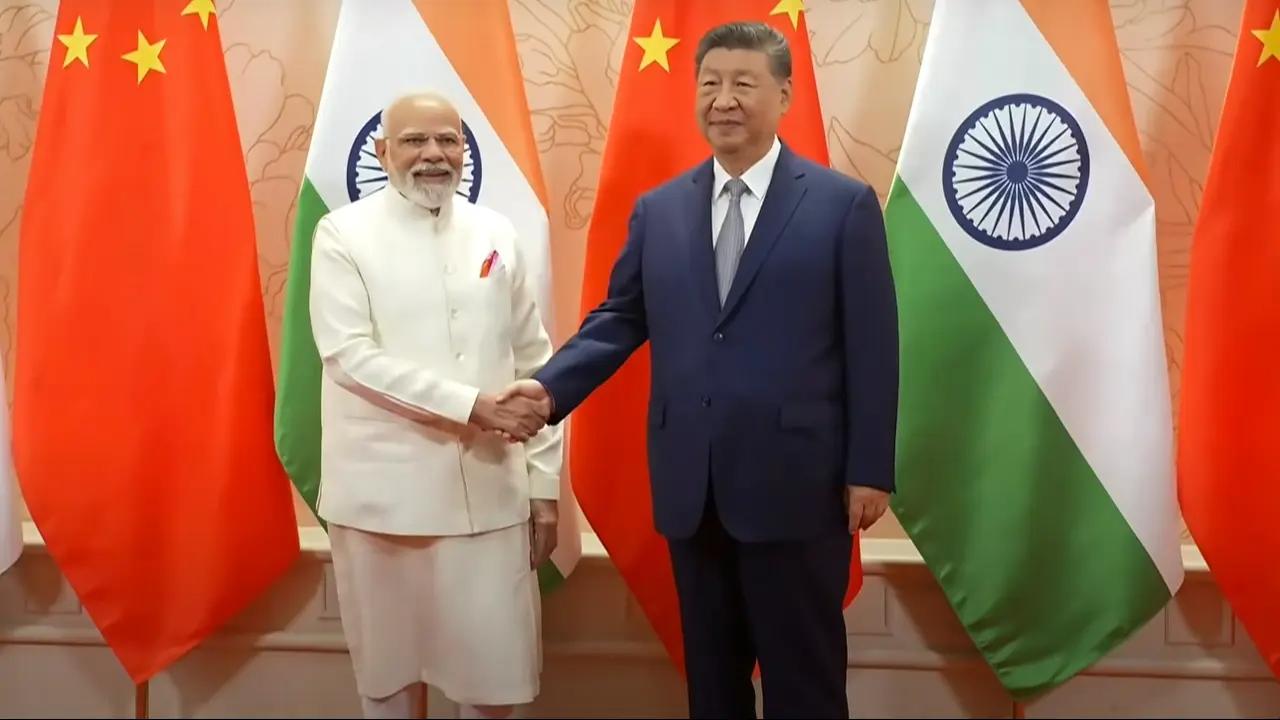The Ministry of External Affairs (MEA) has announced the resumption of direct air services connecting designated points in India and China later this month, in accordance with the winter schedule. This agreement marks a significant step towards normalising air connectivity between the two countries.
The operations will depend on commercial decisions made by the designated carriers and the fulfilment of all operational requirements. The resumption of flights is expected to enhance people-to-people contact, strengthen business ties, and support the gradual normalisation of bilateral exchanges between the neighbouring nations. This development will particularly benefit students, tourists, and professionals travelling between India and China.
Flight services between the two countries had been suspended following the 2017 Doklam standoff and were further impacted by the Covid-19 pandemic, which severely restricted international travel. Relations between India and China deteriorated further after the Galwan standoff in May-June 2020.
The current agreement signals a thaw in ties and reflects renewed efforts to normalise relations after an extended period of disruption. In August, China’s Foreign Minister Wang Yi visited India and held talks with his Indian counterpart, S. Jaishankar. Both sides agreed to resume direct flight connectivity at the earliest and to finalise an updated Air Services Agreement during the meeting.
In addition to flight connectivity, discussions included facilitating visa processes for tourists, business travellers, media personnel, and other visitors travelling in both directions. During his visit, the Chinese Foreign Minister also co-chaired the 24th round of the Special Representatives’ dialogue on the Boundary Question with National Security Advisor Ajit Doval and met with Prime Minister Narendra Modi.
Prime Minister Modi emphasized that stable, predictable, and constructive ties between India and China are crucial for regional and global peace and prosperity. He also highlighted the importance of strong people-to-people and economic exchanges for long-term bilateral stability.
